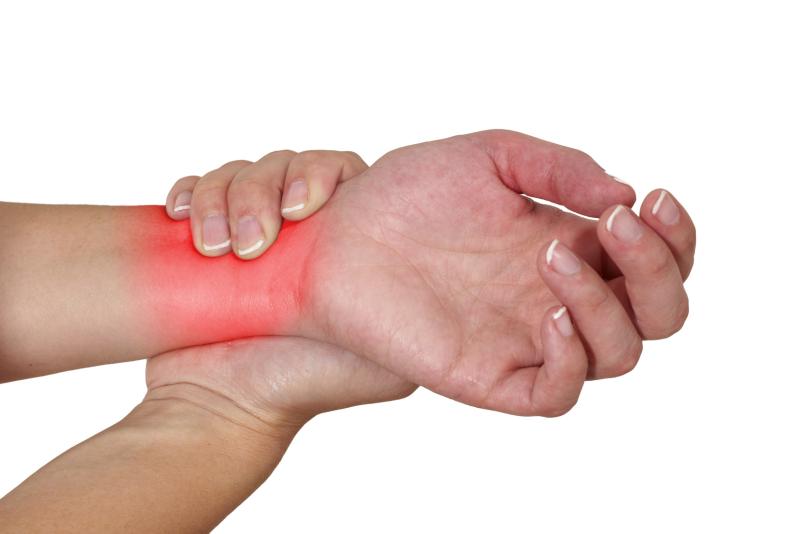
Individuals with and without gout appear to have a similar risk of developing colorectal cancer, suggesting that gout does not contribute to a risk increase, a study has found.
Researchers used data from the Taiwan National Health Insurance Research Database, identifying 28,061 gout patients (mean age, 53.4 years) and 84,248 matched controls (mean age, 51.1 years) without the medical condition.
Compared with controls, gout patients were more likely to have comorbidities, including hypertension (48.4 percent vs 24.2 percent; p<0.0001), diabetes mellitus (22.4 percent vs 12.3 percent; p<0.0001) and hyperlipidaemia (35.0 percent vs 14.7 percent; p<0.0001).
Over 13 years of follow-up, colorectal cancer occurred with greater frequency in the gout cohort. The incidence rate per 1,000 person-years was 2.44 as compared with 2.13 in the control cohort (incidence rate ratio, 1.15, 95 percent confidence interval [CI], 1.04–1.26).
However, in a Cox proportional hazards model adjusted for age, gender, urbanization status and comorbidities, gout was not significantly associated with increased risk of incident colorectal cancer (adjusted hazard ratio [HR], 1.03, 95 percent CI, 0.93–1.14).
The researchers additionally conducted a posterior analysis comparing colorectal cancer risk between gout patients with and without prescriptions for allopurinol. Results indicated a weak inverse association between allopurinol and the cancer risk (HR, 0.95, 95 percent CI, 0.80–1.12), although the analysis was not controlled for risk factors for colorectal cancer.
Therefore, additional pharmaco-epidemiological studies are needed to establish whether allopurinol plays a role in preventing the development of colorectal cancer in patients with gout, according to the researchers.